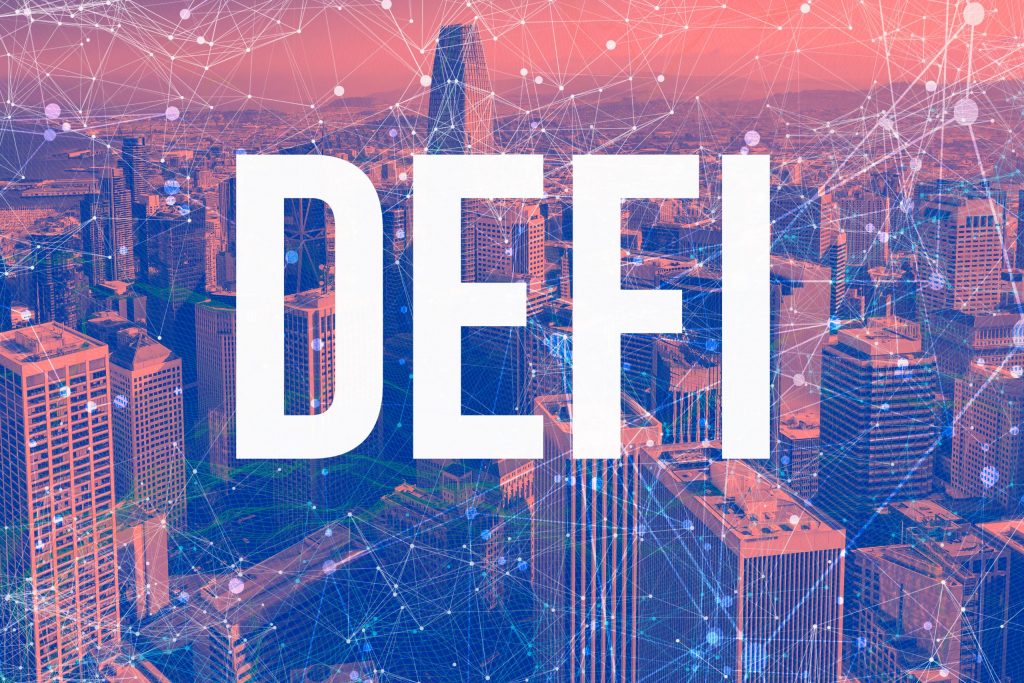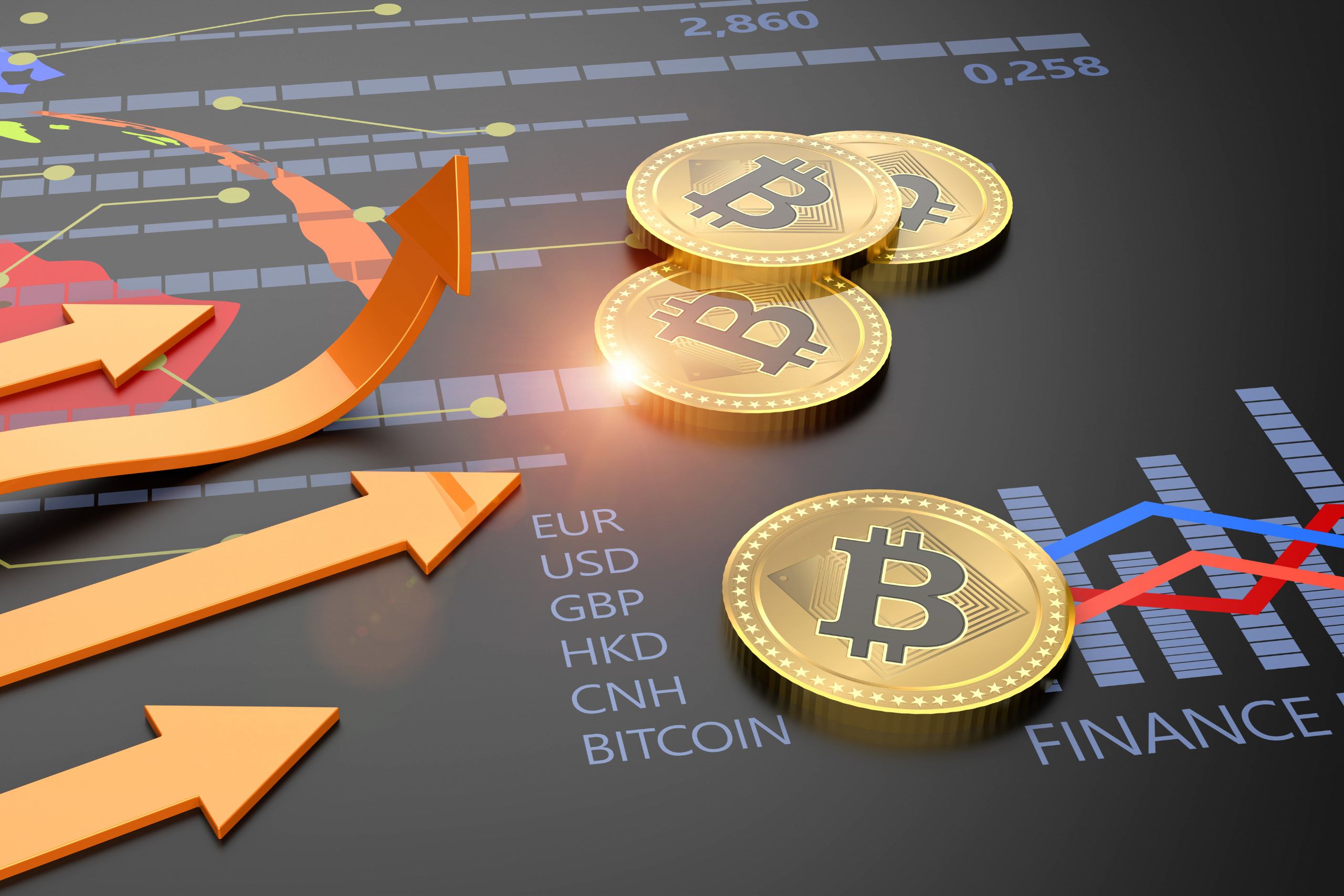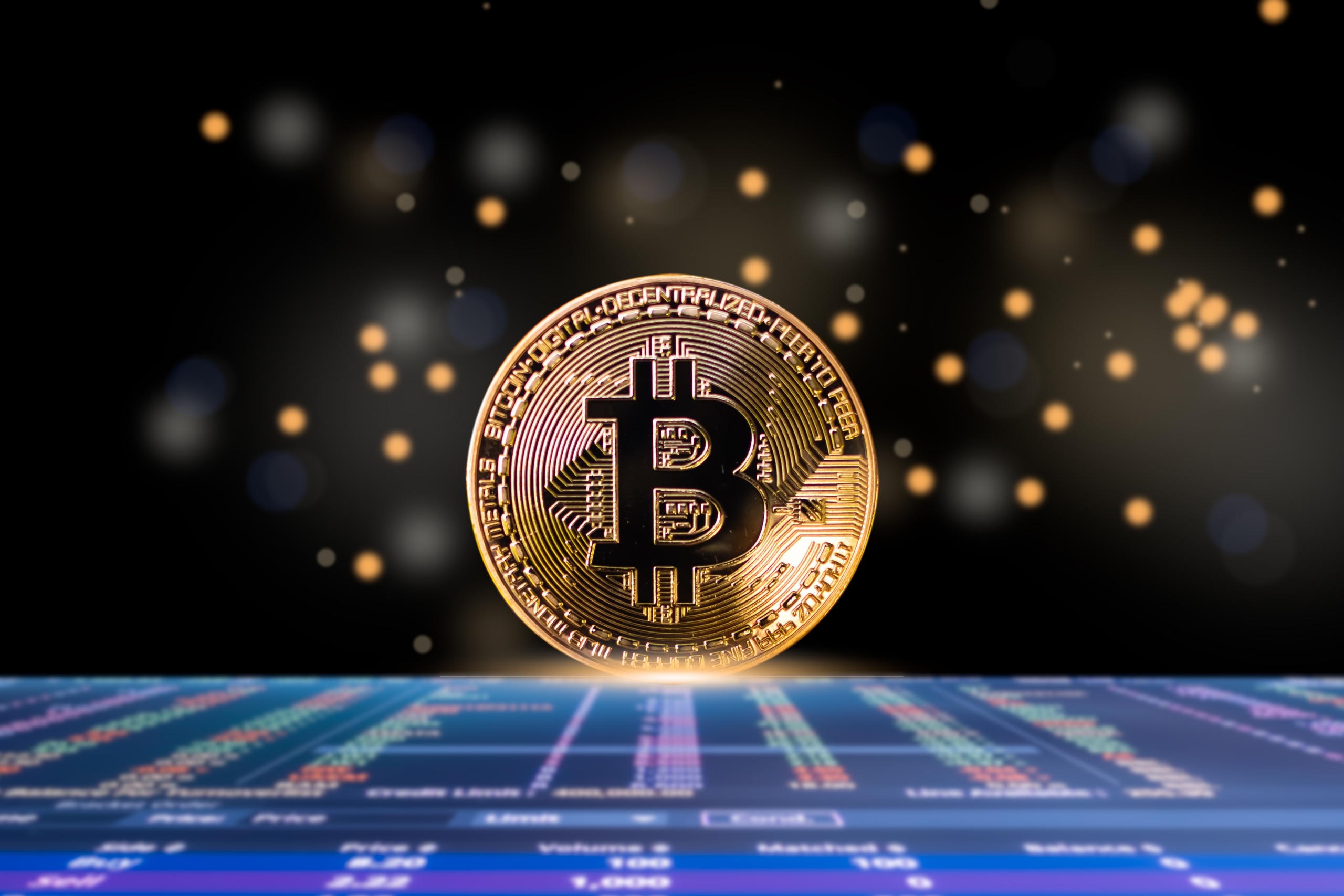There has been a big change in the financial world with Decentralized Finance (DeFi). It is different from standard financial institutions because it doesn’t want unified control or agents. DeFi uses blockchain technology to let people do direct trades with each other. Conventional banking is thus out of line as companies handle money and transactions. Eliminating intermediaries such as banks or brokers helps this basic concept to simplify financial transactions and save costs.
This paradigm change allows individuals greater control over their financial assets and actions, therefore enabling them to fight for financial sector access and inclusion. DeFi removes commonly imposed challenges by existing systems, therefore opening a world of possibilities for everyone regardless of geography or socioeconomic class. DeFi is positioned to use innovative ideas challenging conventional knowledge as it gains momentum to shape the future of finance. This article will look at the likely effects and developments of DeFi.
Learning about Decentralized Finance (DeFi)
Designed on blockchain technology, Decentralized Finance (DeFi) is a financial ecosystem meant to replicate current financial institutions distributed around. Blockchain lets DeFi let users engage directly with financial services, therefore removing the need for centralized banks and organizations.
DeFi is built on smart contracts, self-executing agreements with clearly stated requirements of the agreement expressly placed in code. These smart contracts devoid of intermediaries enable customers lend, borrow, trade, and earn interest by automating transactions. This automation reduces expenses and increases efficiency even while openness is improved.
Common DeFi systems let users trade cryptocurrencies straight with one another via distributed exchanges (DEXs), such Uniswap and SushiSwap. By means of lending policies like Aave and Compound, users may borrow and lend assets, therefore generating interest on their holdings or access cash free from conventional credit checks.
DeFi offers consumers autonomy over their assets and the possibility for creative financial services free from the conventional restrictions placed by centralized corporations, therefore reflecting a change towards a more open and accessible financial system.

The Benefits of DeFi: Empowering Users
DeFi, often known as distributed finance, gives consumers more control over their financial assets and activities. DeFi uses blockchain technology to enable direct transactions unlike conventional financial systems that depend on middlemen like banks and brokers. People lending, borrowing, and investing free from gatekeepers opens more seamless financial transaction opportunities.
This dispersed method not only benefits seasoned investors but also provides underbanked or unbanked populations all around necessary access to financial goods. Many people living in far-off places do not have access to conventional banking systems; DeFi provides a substitute using digital wallets and low infrastructure-requiring apps. Users with simply a smartphone and internet connection may engage in a worldwide financial ecosystem, access loans and investing possibilities not before possible to them.
DeFi generates a more inclusive financial scene by distributing financial resources’ access. Users of autonomous asset management may improve personal financial sovereignty and lessen dependency on traditional financial institutions. This change is a major step toward a more fair sharing of financial services, therefore helping people from all socioeconomic levels.
Why DeFi Matters for the Future of Finance
With Decentralized Finance (DeFi), blockchain technology is changing accepted financial architecture. Eliminating intermediaries allows customers to engage in peer-to–peer transactions, hence greatly reducing transaction costs. This direct contact helps to maximize financial operations by lowering the expenses related with traditional banking services.
Moreover, DeFi enhances openness. Real-time auditing is made feasible and mismanagement or fraud risk is reduced because all transactions are recorded on a public register. This degree of openness ensures that anybody may review financial services and supports consumers to gain trust among them.
Accessibility of DeFi is another major advantage. Removing geographical and institutional barriers helps to distribute financial service availability more widely. Those without traditional banking relationships may participate in lending, borrowing, and trading, therefore fostering financial inclusion.
DeFi is viewed as a disruptive agent as it challenges the received knowledge about centralized financial institutions. Giving individuals authority over their assets and financial activities presents a fresh financial paradigm wherein traditional power structures have less relevance. This shift marks the prospective future in which finance will be transparent, more inclusive, and efficient.
Key Risks and Challenges of DeFi
Decentralized finance (DeFi) has various difficulties users have to negotiate. Smart contract weaknesses are one major issue that may cause great financial losses should they be taken advantage of. Many DeFi efforts depend on intricate code that could have weaknesses if not thoroughly checked. Regulatory ambiguity is also still a major concern as governments all over struggle with how to categorize and control DeFi operations. As consumers and developers negotiate a changing legal environment, this volatility might create hazards both for them.
Users who want to participate securely in the DeFi environment must first be educated and raised in awareness. Knowing the dangers involved—like likely hacking and the consequences of legislation changes—would enable consumers to make wise choices.
Constant efforts are under progress within the DeFi ecosystem to enhance security measures like better insurance systems and code audits. Another present emphasis of developers is scaling solutions to control traffic and excessive transaction prices on blockchain networks. These projects seek to provide a more safe and user-friendly DeFi environment, hence increasing field participation and confidence.
The Future of DeFi: Potential and Growth
Rapid expansion and acceptance of the distributed finance (DeFi) scene is changing established banking systems. DeFi systems are becoming more and more popular as blockchain technology develops so users may trade, lend, and borrow without middlemen. This increase of activity emphasizes the need of easily available financial services.
Emerging DeFi trends include distributed autonomous organizations (DAOs) are becoming more and more important. DAUs help communities to cooperatively control protocols, hence improving user involvement and confidence. Their distributed character supports openness and inclusion in line with DeFi’s basic ideas.
Going ahead, DeFi is probably going to grow even more, which will raise its influence on global economy. Other developments and cross-chain capabilities serve to promote interoperability across multiple blockchain systems, hence boosting user access to a range of financial products. Moreover, changes in laws might lead to a more orderly surroundings that supports institutional investment even if decentralizing is still advised.
As DeFi continues developing and using fresh technologies, thus paving the basis for a radical future in the global financial ecosystem and increasing their ability to challenge traditional finance.

Conclusion
Decentralized finance (DeFi) has transforming potential as it challenges established financial institutions and gives people more access to financial services thereby empowering them. DeFi removes middlemen and allows peer-to–peer transactions, therefore promoting innovation, financial inclusion, and economic empowerment for those once excluded by traditional banking. Apart from sharing wealth, this decentralization generates a more open and powerful financial environment that motivates new players to interact with their money in heretofore unthinkable ways. DeFi has great room for growth as it is still drawing investors and consumers, therefore changing the scene of international finance. With ongoing developments and increasing acceptance, DeFi’s future promises to be a more inclusive, fair, and efficient financial system, thereby changing people’s interactions with their financial resources.



